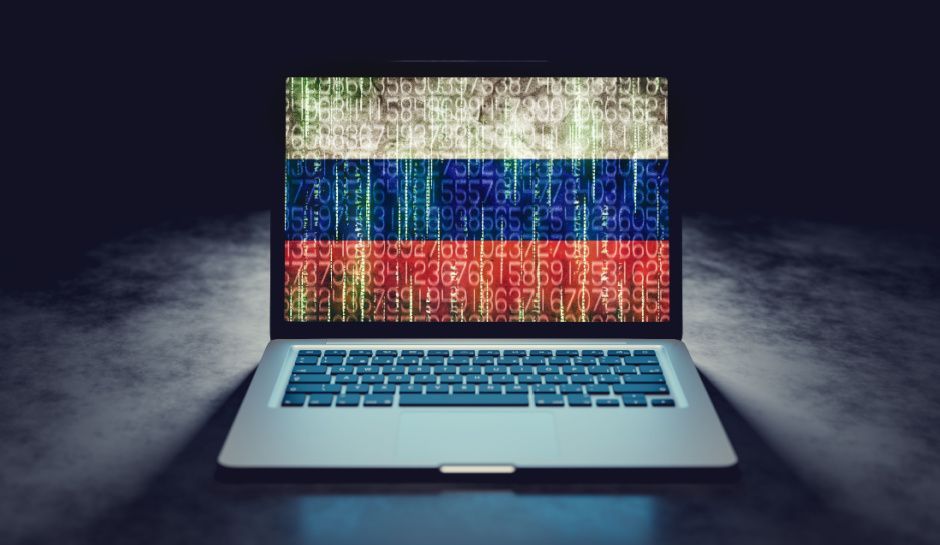Russia wants to strengthen its censorship infrastructure and plans to spend almost 60 billion rubles (about $650 million) over the next five years to upgrade its Internet blocking system.
This is the strategy outlined in the federal project “Cybersecurity Infrastructure”, Forbes reports. The Russian censorship body Roskomnadzor intends to create a more effective filtering system to block VPN services in particular.
The Kremlin has long been cracking down on VPN use across the country. This is because a VPN (virtual private network) is security software that encrypts internet connections and spoofs users’ IP addresses, allowing access to otherwise geo-restricted content – exactly what Russian authorities are trying to prevent.
The end of VPN use in Russia?
For countries like Russia, China, Myanmar, and Iran (famous for imposing strict internet restrictions), VPN usage has been a long-standing goal. Over time, this has created a never-ending game of cat and mouse between authorities and VPN providers to find a way around VPN censorship.
Technologies like VPN obfuscation and IP rotation are particularly useful for bypassing these blocks, and companies like Proton VPN continue to invest in new anti-censorship tools. Now, the Kremlin seems willing to invest large amounts of money to reverse this trend.
“Russian authorities appear to be attempting to implement the Iranian model of internet censorship (although we were previously expecting the Chinese model), which involves classifying IP addresses into white, grey and black lists,” Stanislav Shakirov, chief technology officer of Russian digital rights group Roskomsvoboda and founder of Privacy Accelerator, told me. “However, they have not yet been able to achieve this with the current infrastructure.”
Currently, the Russian technical method of countering threats (TSPU) filters all internet traffic to block or slow down certain resources. However, as Shakirov explained, the implementation of DPI (Deep Packet Inspection) has technical limitations. For example, “it lacks sufficient computational power to block VPN protocols and limit YouTube at the same time,” Shakirov said.
This is where a new strategy comes into play. Between 2025 and 2030, Roskomnadzor plans to modernize the existing traffic control units and install new ones. Censors expect this to increase the effectiveness of VPN blocking by 96%.
In response to censorship, Russians are quickly embracing VPNs. The government is blocking at least 42 providers, but smaller services and decentralized protocols are still available. pic.twitter.com/EabxUDHUPnMay 16, 2023
Since 2019, all Russian telecom operators have been required by law to install TSPU software so that Roskomnadzor censors can filter out unwanted online resources. Control over RuNet (Russian Internet) became even stricter following the invasion of Ukraine. More than 100,000 resources were blocked in 2022 alone, compared to around 7,000 the previous year.
As censorship levels have increased, VPN usage in Russia has also skyrocketed. Authorities have stepped up a crackdown on VPNs that began in 2017. The most recent move includes forcing Apple to remove at least 29 VPN apps from its local App Store. Additionally, a law that went into effect in March now criminalizes the dissemination of information about ways to circumvent internet restrictions.
As data from the DPIDetector project suggests, major VPN providers are currently blocked by IP addresses and service domains, something that can be avoided with an IP rotation feature.
Shakirov explained that over the past year, authorities have also targeted VPN apps at the protocol level. WireGuard, for example, is now blocked by mobile operators and, since August, on home internet connections as well. OpenVPN has also become difficult to use, but blocking remains inconsistent. In addition, VPN software using more sophisticated anti-censorship technologies, such as Amnezia VPN, developed by Roskomsvoboda, continues to work well in Russia.
According to him, “it is obvious that the current technical resources are not sufficient to block even a basic VPN protocol like OpenVPN, let alone more complex technologies. Therefore, the acquisition of this equipment is a necessary step for Roskomnadzor, although we cannot say whether it will be sufficient.”








